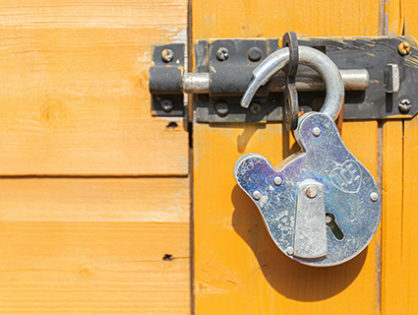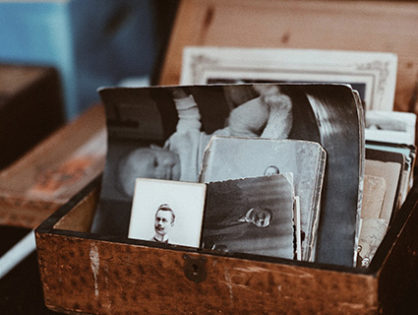Garden State Trust Company.

As a well regulated fiduciary working as your objective and professional partner, we can maintain our focus squarely where it should be, on you and your family, with an emphasis on serving rather than selling. So please, tell us…
HOW MAY WE SERVE YOU?
Garden State offers a variety of trust administration and investment services to help you plan for your family’s future. Learn more about our services by exploring the sections below.
Garden State Trust Company is a trust service office of Midwest Trust Company, a Kansas non-depository trust company regulated and examined by the Office of the State Banking Commissioner of Kansas.
Investment Management
Trusts & Estates
Solutions & Services
About Us
Garden State Trust is a premier provider of fiduciary services qualified to do business in New Jersey, providing investment management, trust and estate services and elder solutions for retired and soon-to-be-retired individuals. Garden State Trust was founded on three very simple guiding principles – communication, objectivity and above all trust.
Latest Posts

Privacy Is Getting Harder To Protect

Solutions We May Not Know To Look For

When a Living Trust is Your Friend









